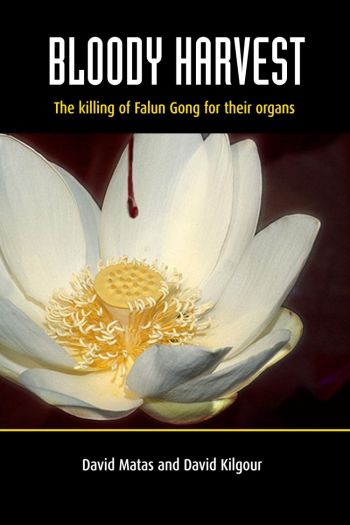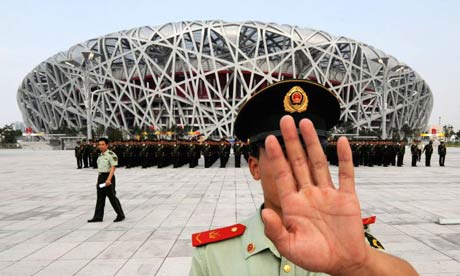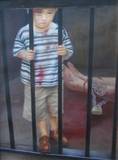Chinese writer fears went too far in toning down his latest book
Posted by Author on October 9, 2006
Jonathan Watts in Beijing, The Guardian, October 9, 2006-
Millions of pints of blood are pumped through underground pipelines from a big developing country to wealthy consumers in the United States and elsewhere. The blood trade has produced the most spectacular boom in human history. In just five years, the formerly dirt-poor state at the heart of the haemo-business has become the richest nation on earth.
Such is the scenario of the novel that Yan Lianke – one of China’s greatest living authors and fiercest satirists – was planning to write until the censors intervened. Based on a three-year study of the blood-selling scandal in his native Henan province, The Dream of Ding Village was to be the defining work of his career; not just an elegantly crafted piece of literature but a devastating critique of China’s runaway development.
But it has turned out to be one of the most traumatic experiences of his artistic life. For his attempt to tackle a harrowing man-made disaster, Yan received a ban from the censors, became embroiled in a legal dispute with his publisher, and – worst of all – suffers a lingering sense of shame that he compromised too many principles.
In a rare insight, the author told the Guardian how he attempted forestall a ban by doing the censors’ work for them. Out went the novel’s most ambitious features: the blood pipeline, the global trade angle and direct criticism of national politics. Instead he narrowed the focus to a single village, where blood is bought and sold with horrific consequences. “This is not the book I originally wanted to write,” says Yan, who has won China’s top two literary awards. “I censored myself very rigorously. I didn’t mention senior leaders. I reduced the scale. I thought my self-censorship was perfect.”
But the authorities still issued a “three nos” order: no distribution, no sales and no promotion. Yan found out it was banned when he tried to sue his publisher, the Shanghai Literary Arts Publishing Group, for failing to pay a promised advance on his royalties and a donation to the village where the book was researched. (more from The Guardian’s report )
Rate this:
Share this:
- Click to email a link to a friend (Opens in new window)
- Click to share on Twitter (Opens in new window)
- Click to share on Facebook (Opens in new window)
- Click to share on Tumblr (Opens in new window)
- Click to share on Pinterest (Opens in new window)
- Click to share on Reddit (Opens in new window)
- Click to share on LinkedIn (Opens in new window)
- Click to print (Opens in new window)
Related
This entry was posted on October 9, 2006 at 3:49 pm and is filed under books, China, corruption, Economy, Health, Journalist, Law, Life, News, People, Social, Speech. You can follow any responses to this entry through the RSS 2.0 feed. Both comments and pings are currently closed.
Sorry, the comment form is closed at this time.





